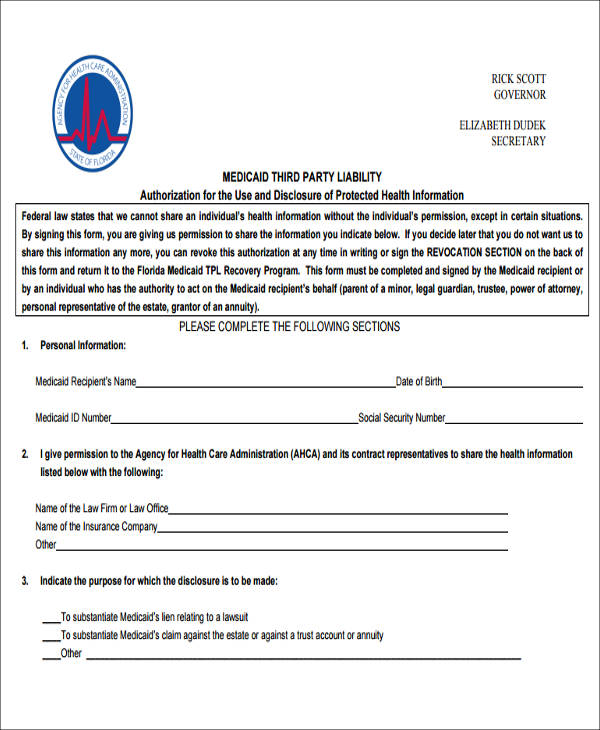
Food and Drug Administration (FDA) will involve PHI. Virtually all sponsored clinical trials that submit data to the U.S. Studies that create new medical information because a health care service is being performed as part of the research, such as testing of a new way of diagnosing a health condition or a new drug or device for treating a health condition.Sometimes prospective studies do it also, for example, when they contact a participant's physician to obtain or verify some aspect of the participant's health history. Retrospective studies, such as chart reviews, often do this. Studies involving review of existing medical records as a source of research information.In general, there are two types of human research that would involve PHI: The Privacy Rule protects PHI while providing ways for researchers to access and use PHI when necessary to conduct research. Researchers have legitimate needs to use, access, and disclose PHI to carry out a wide range of health research studies. HIPAA affects only that research which uses, creates, or discloses PHI. What Does the Privacy Rule Have To Do With Research? PHI is information that can be linked to a particular person and that is created, used, or disclosed in the course of providing a health care service (i.e., diagnosis or treatment). The privacy provisions of HIPAA found in the Privacy Rule apply to health information created or maintained by health care providers who engage in certain electronic transactions, health plans, and health care clearinghouses. The intention of HIPAA is to protect patients from inappropriate disclosures of "Protected Health Information" (PHI) that can cause harm to a person's insurability, employability, etc. HIPAA is the acronym for the Health Insurance Portability and Accountability Act of 1996.

#5 types of hipaa compliance forms how to
HIPAA Best Practices: How to follow your privacy plan.The Chief of the DHA Privacy Office is the appointed HIPAA Privacy Officer and HIPAA Security Officer, and has authority over the HIPAA Privacy and Security programs at DHA.įor more information DHA’s HIPAA compliance program, please read the DHA’s HIPAA Privacy and HIPAA Security Core Tenets Policy Statement. The HIPAA Breach Notification Rule defines when your PHI has been inappropriately used or disclosed (see Breaches of PII and PHI page) and describes the breach response obligations of a covered entity.The HIPAA Security Rule defines how your PHI should be protected and transferred when maintained electronically.The HIPAA Privacy Rule defines how your PHI should be safeguarded, limits when it can be used and disclosed without your authorization, and ultimately gives you some control over your own PHI.The Defense Health Agency (DHA) Privacy and Civil Liberties Office (Privacy Office) helps the Military Health System (MHS) comply with the following HIPAA Rules: Is related to your treatment, your medical condition, and the related payment for that condition as maintained by a covered entity or business associate.Is maintained by a covered entity or business associate and.The Health Insurance Portability and Accountability Act (HIPAA) applies to your protected health information (PHI).


Information Technology Supporting the Military Health SystemĬonnecting eight dimensions of fitness to optimize health, performance and readiness holistically MHS is an industry leader in research, development and innovation Protection of personally identifiable and protected health information Ready-to-use material to promote consistent messaging on key topics and issuesīuilding a more integrated system of health and readinessĬelebrating the history of military medicine Health readiness in support of global operations How MHS treats health conditions our patients may face Providing medical capabilities for Combatant Commands, the military services, federal partners and partners and allies around the world Providing evidence-based practices for diagnosis and treatment of diseases Standardizing business operations and reducing costs Learn how to do business with the Defense Health Agency How the MHS provides safe, quality care when and where you need it


 0 kommentar(er)
0 kommentar(er)
